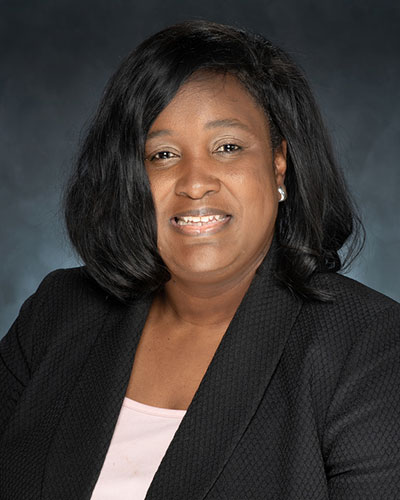By Kathryn Kelman/ne news editor
Intended to honor women’s roles in London during World War II, Their Finest, directed by Lone Scherfig, is decidedly not a story of female liberation.
Set in 1940 London during the Blitz, Their Finest stars Gemma Arterton as Catrin Cole, a writer hired by Britain’s Ministry of Information’s Film Division to write the “slop” for propaganda films that played during World War II. At the time, Britain’s propaganda films aimed to boost national morale and encourage America to join the war.
Though Cole’s husband looks down on her new job, her talent quickly draws the attention of her cynical colleague Tom Buckley, played by Sam Claflin.
The Ministry, in need of “authentic and optimistic” films that will boost morale in Britain, hires Cole and Buckley to write a screenplay based on the Dunkirk rescue.
The rest of Their Finest follows Cole, Buckley and their dysfunctional cast and crew as they struggle with deceit, American actors, bombs, professional relationships and romantic ones to make a film that will warm British hearts and deliver the morale boost the country needs.
How women’s roles evolved in British society during World War II was an important signal for change, but Their Finest ties the idea of female emancipation to Cole’s romantic life. Rather than focusing on her career and letting her success as a woman in a male-dominated field serve as liberation for her, the film focuses on an unearned romance, and Cole swaps one man for another making for a strange sort of liberation.
Their Finest has an impressive female-heavy team and should be applauded for that, but it also makes the treatment of Cole even more unsettling.
Cole is never an active participant in the story. She never makes a decision for herself and often takes the blame for things she has no responsibility for. She’s demoted to the background when her heroine storyline is overrun with the romantic subplot and the men in her life serve as her sole sources of motivation.
Instead of being a film about a spitfire heroine, Their Finest is just another film full of and dependent on white men.
The message at the end of Their Finest is technically pro-female, but if everything revolves around the men and it relies on the old white man to drive home the film’s theme, can the film’s message really still be considered pro-female?
For a story crafted to celebrate the value of female storytellers and the role of women during World War II, Their Finest should be so much more than it is.










































